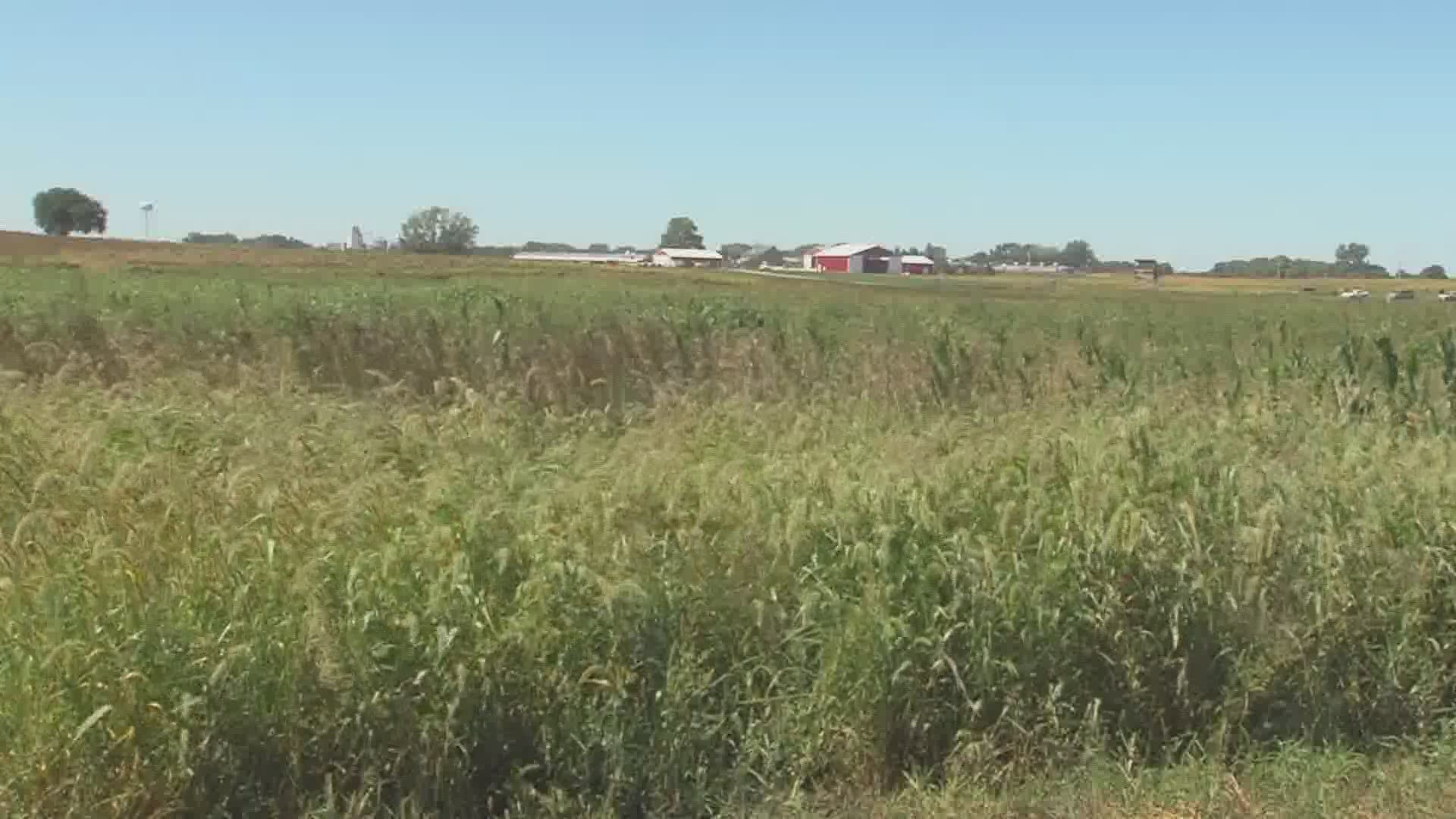The U.S. Environmental Protection Agency (EPA) has struck down waiver applications from small oil refineries hoping to be exempt from the national Renewable Fuel Standard (RFS).
By law, 15 billion gallons of renewable fuels like ethanol must be blended into the nation's fuel supply each year.
17 oil refineries across 14 states, however, have sought to reconsider previous RFS denials or grant new exemptions.
"These small refineries did not demonstrate then or now that they experienced disproportionate economic hardship from compliance with the RFS program and do not warrant an exemption for those RFS compliance years," EPA Administrator Andrew Wheeler wrote in his decision.
According to the EPA, three classes of waivers were created as part of the RFS program:
- All small refineries received a blanket exemption from RFS until 2011
- Any small refinery suffering a "disproportionate economic hardship" because of the RFS could receive a wavier
- Refineries could petition the EPA for an extension of an existing exemption due to economic hardship
Iowa has long been a state lobbying for waivers to be denied, as 40% of corn grown in the U.S. is used to produce ethanol.
The Renewable Fuels Association reports that small refinery exemptions shorted the required blending volumes by four billion gallons from 2016 to 2018.
"Today’s decision by the Trump Administration eliminates much of the uncertainty surrounding small refinery exemptions that undercut demand for biofuels," Gov. Kim Reynolds said in a statement. "It’s a significant step forward for Iowa’s renewable fuel industry and another example of President Trump honoring his commitment to Iowa farmers."
On Twitter, Sen. Chuck Grassley called the decision "a boost for farmers" and Sen. Joni Ernst said it "will help provide more certainty" to the biofuels industry.

